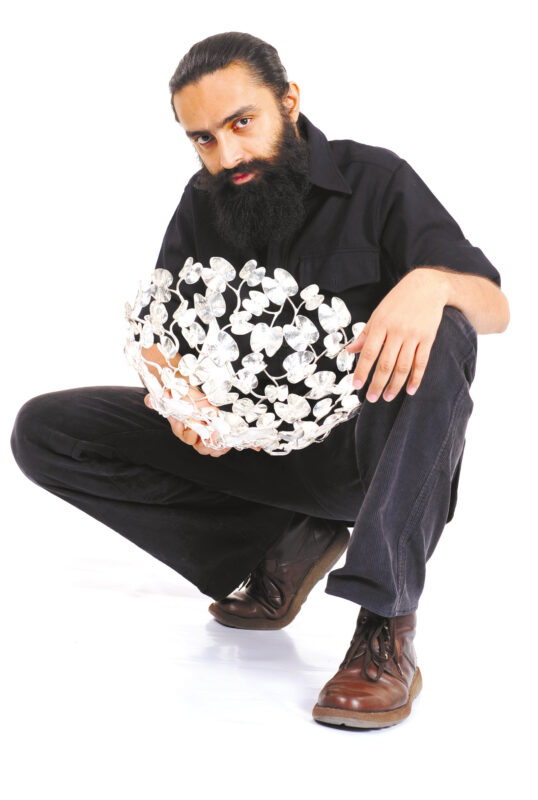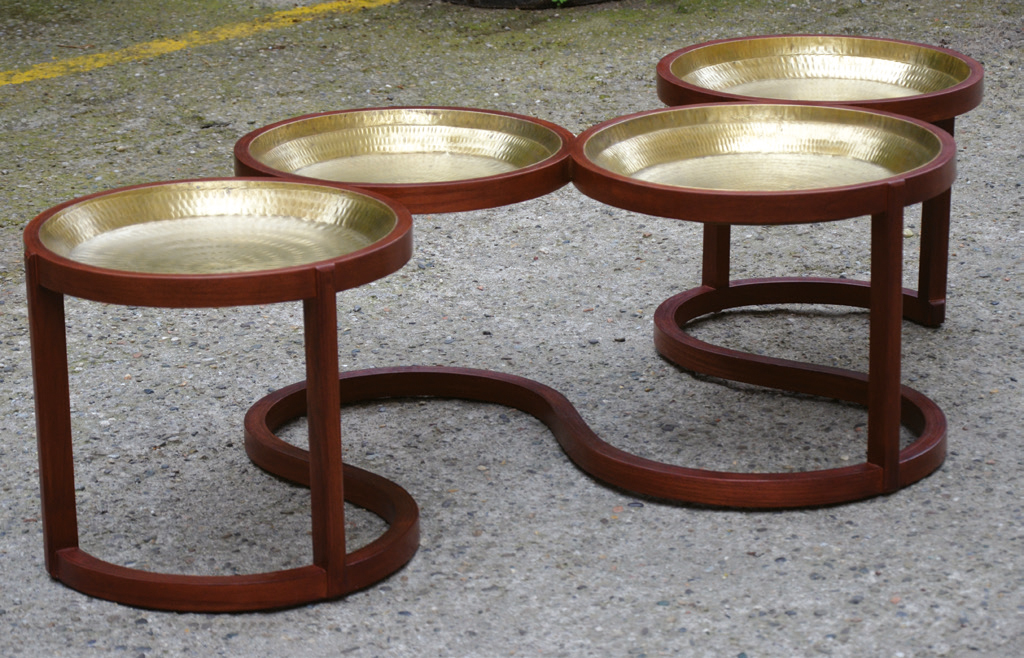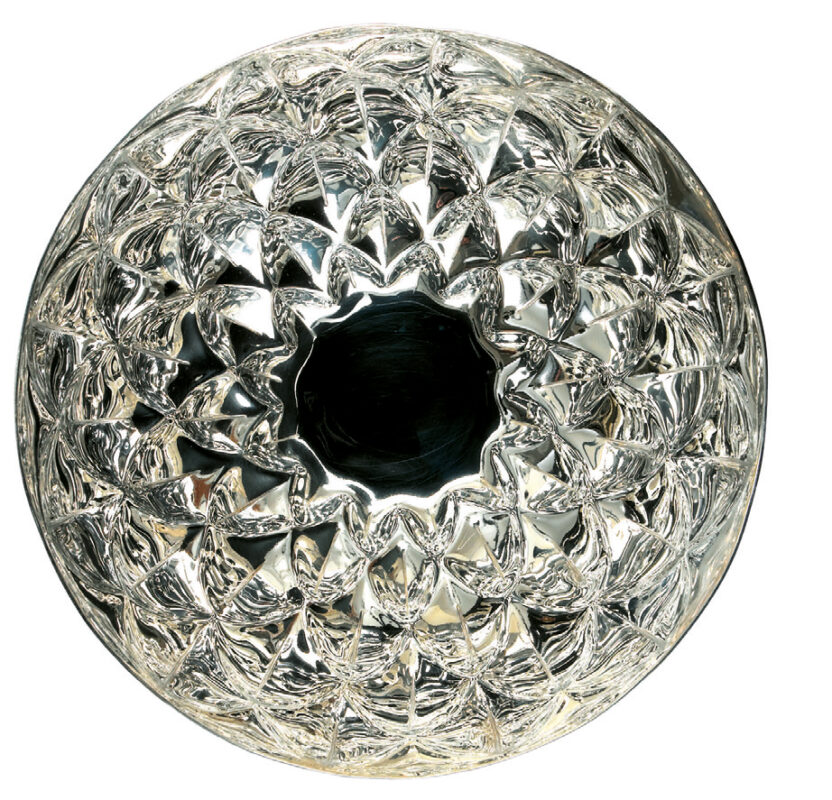
Though he opted for furniture design over
product design as a student, Mann Singh
increasingly finds the lines between the
two blurring. Designer, teacher and even
onetime actor, he likes to call himself the
perpetual outsider, peeking into all kinds
of windows…

How can the gap between design education and the design industry in India be bridged?
MS: When it comes to industry (I mean industry in its broad sense), the best schools have to do two things:
•Not worry about what the industry says it needs. They are too busy to know. It’s our job to figure that out. Most importantly the needs of industry can be opposed to needs of society and the earth itself. Design education has to find ways to engage with industry. It should focus on small scale enterprises which are better equipped to engage.
•Create a space where industry can interact with education but also amongst itself, but cannot call the shots. Education being in bed with industry is a conflict of interests.

Have you faced many entrepreneurial challenges?
MS: We were never taught about setting up an organization or taxes or investments or anything like that. We had an entrepreneurial bent of mind with none of the background and skills, didn’t even know how to ask for money for a job done. But, strangely, when I brought this up at CEPT the feeling was those who want to learn this should go to IIM. These are things that should be taught in foundation.

Share your experience of working with the Government of India.
MS: My work with the GOI has been limited to some projects for the Development Commissioner (Handicrafts), and teaching. The government misses huge opportunities when it comes to meaningful engagement with design. There can be no argument regarding the value of design to society at any level. The government has to make sure that its relationship with designers is one of meritocracy and independence. It has to engage with design for the service of all segments of society and in many different ways. When Sharique Farooqui was director of the Craft Development Institute in Srinagar, they pulled off some projects in difficult circumstances, which have had an ongoing life and impact.


